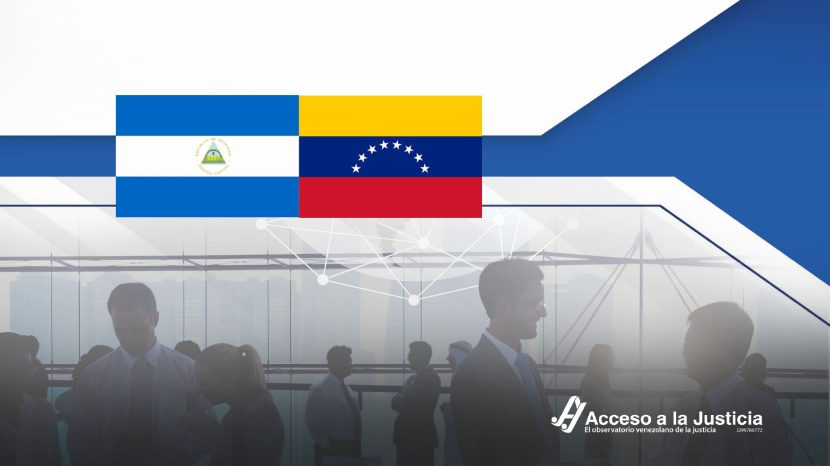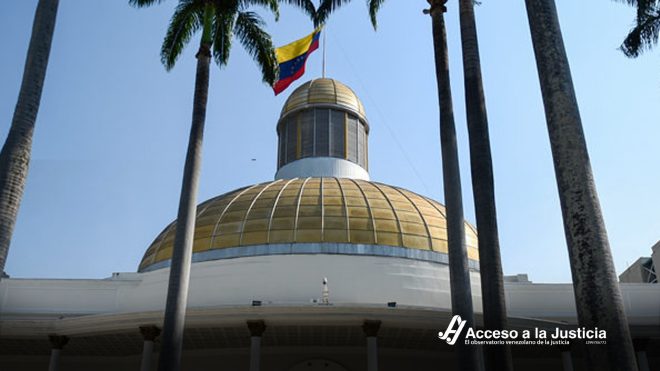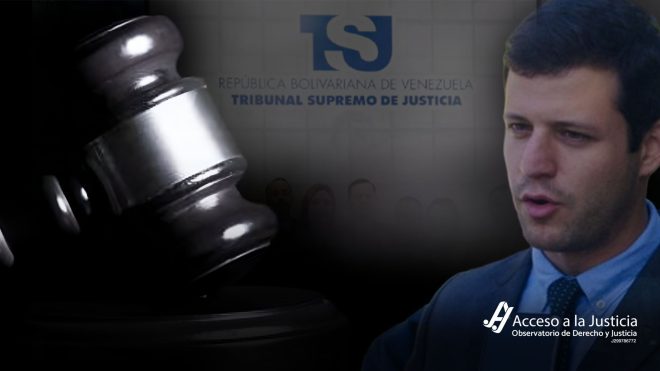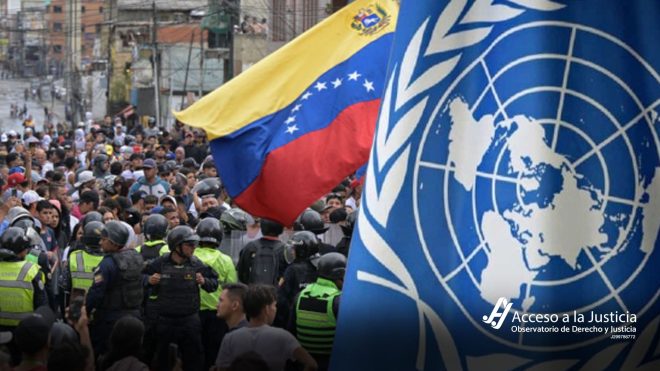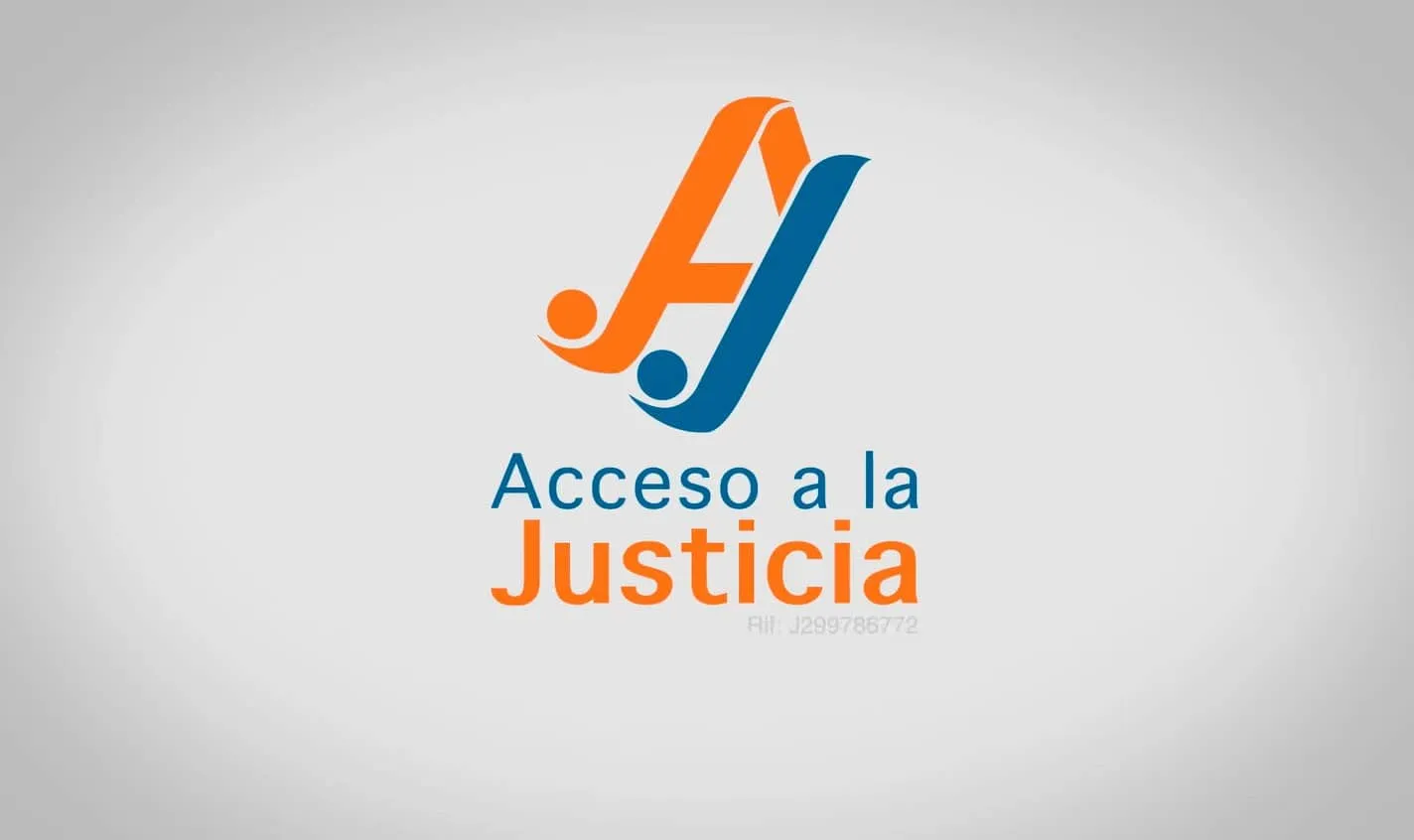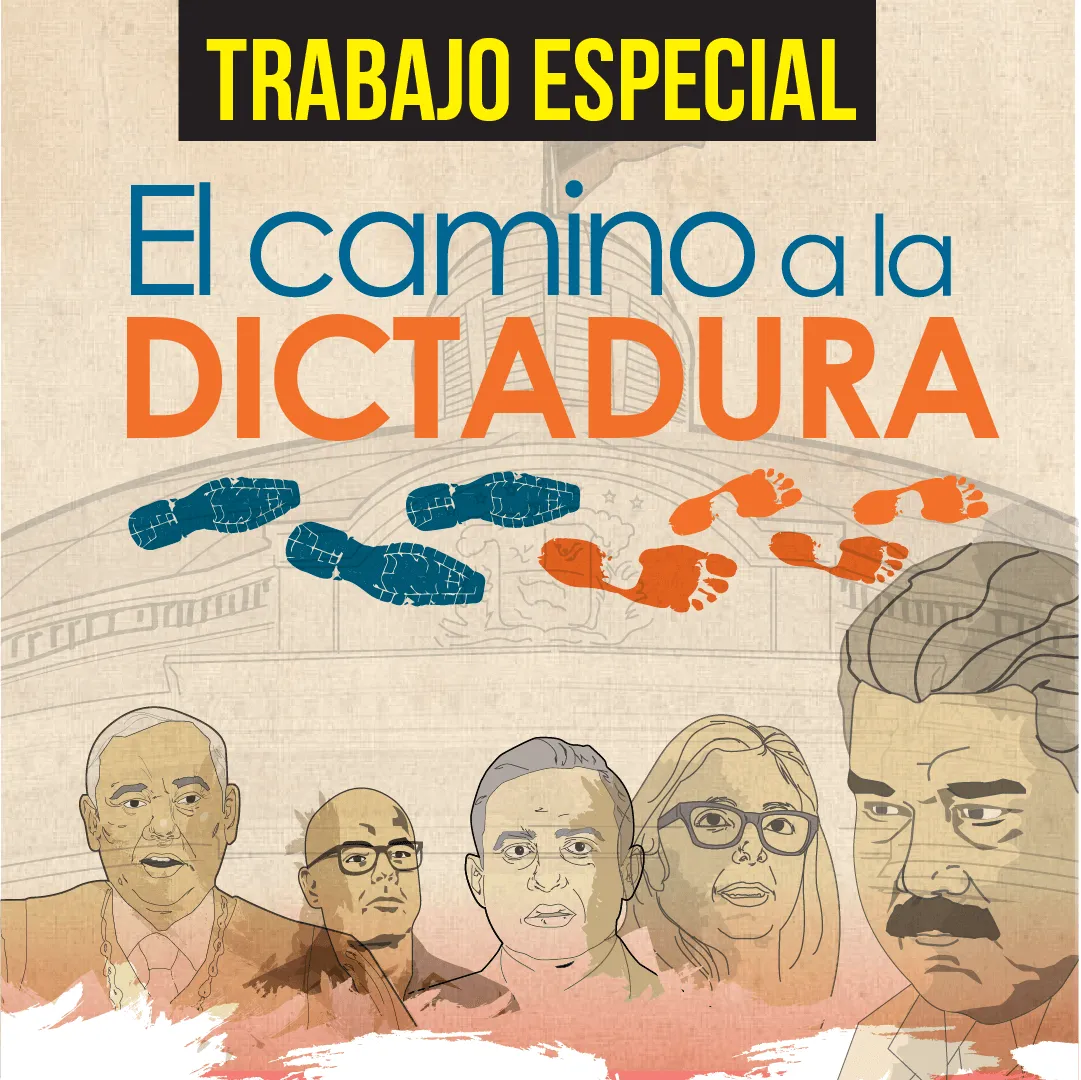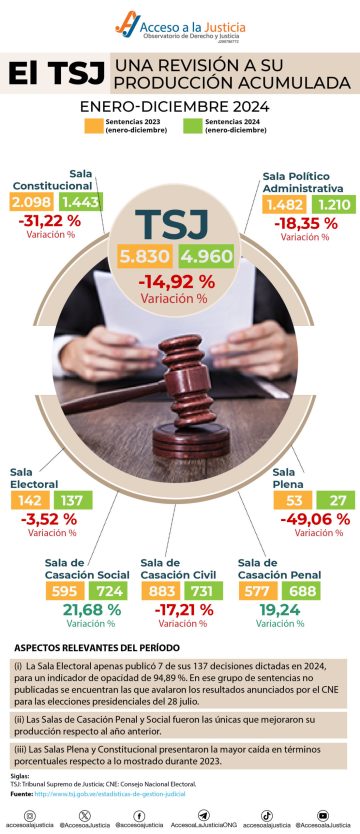“Tell me who you hang out with, and I’ll tell you who you are.” Non-governmental, charitable, social, and trade organizations, as well as Venezuelan civil society as a whole, should keep this popular saying in mind. The reason? It makes it clear that many of the risks and threats they face today are not autochthonous but are the product of measures already adopted in other latitudes with dangerous results.
This is outcome becomes clear from the latest research performed by Acceso a la Justicia, entitled “Comparative Analysis between Nicaragua’s Law on the Regulation of Foreign Agents and Venezuela’s draft Law on International Cooperation.”
“The ideological affinity between two governments in many cases makes it natural that they dictate and apply similar regulations on important issues. In this context, if there is something in common between the governments of Nicaragua and Venezuela, it is the closing of civic space.” So starts the investigation stating that in recent years regulations have been approved by the governments of Daniel Ortega and Nicolás Maduro aimed at least to subdue, close to annihilating, civil groups by punching them in one of their rights: The receiving of funds from abroad.
This is despite the fact that the UN Special Rapporteur on the rights to freedom of peaceful assembly and of association, Maina Kiai, noted in his first report on the rights to freedom of peaceful assembly and of association that “all associations, whether registered or not, should enjoy the right to seek and obtain funding from domestic, foreign and international entities, including individuals, corporations, civil society organizations, governments and international organizations”.
In fact, in Nicaragua, Venezuela, and Latin America in general, the vast majority of civil organizations, particularly those that defend human rights and do humanitarian work, rely on the funds they receive from foreign peers, international or supranational organizations to survive and carry out their work. The reason? There is no, or almost no, culture among citizens that would lead them to contribute financially to these groups. In addition, there are no incentives to do so, such as tax breaks, as is the case, for example, in the United States. Besides, it is needless to mention that the region’s economies have severe imbalances.
In Nicaragua, everything is a target, even the language.
In 2020, just months after the wave of protests harshly repressed by the government that shocked the country, the Ortega regime passed the Law on the Regulation of Foreign Agents.
Article 1 of the text does not hide its purpose: “To establish the legal framework of regulation applicable to national or foreign natural or legal persons who, responding to foreign interests and obtaining foreign financing, use those resources to carry out activities that result in interference by foreign governments, organizations or natural persons in the internal, and external affairs of Nicaragua, threatening against independence, self-determination and national sovereignty, as well as the economic and political stability of the country. “
The instrument stigmatizes the receipt of funds from abroad and automatically presumes that these will be used to interfere in some way with the country’s internal affairs.
The law requires any individual or organization receiving resources from abroad to register in the Register of Foreign Agents (section 6), which shall be done within 60 working days after the date of the Act’s publication (section 16).
It also requires that these “foreign agents” shall report any transfer of funds or assets from abroad, indicate their use and source (section 9), and report to the authorities on their use and activities monthly (section 10).
Failure to comply with any of the above obligations may lead to fines, although these need to be clearly defined. But most seriously, it indicates that the organization’s cancellation, the prevention of activities, and the “intervention” of funds and assets may be requested with prior judicial authorization (Article 15).
The Ortega regime did not limit itself to approving the text, but has already applied it. Last June, the country’s parliament, controlled by Sandinismo, canceled 83 organizations, including the Nicaraguan Academy of Language.
Since 2018, authorities in the Central American country have shut down 1,269 civil nonprofit organizations and a total of 1,868.
Taking Note
The report states that the Nicaraguan norm and the International Cooperation Bill that the National Assembly elected in 2020 announced last May that it is studying have remarkable similarities.
In the first place, both instruments provide for a registry different from the civil registry, oblige organizations to report to the authorities all their actions, and set the possibility of closing them down if they fail to comply with these commitments. Both regulations punish external financing and indict objective criminal liability for the simple fact of receiving funds. In addition, they make the operation of organizations conditional on the approval of the State, after an exhaustive review of their activities and finances, under a presumption of unjustified guilt contrary to international standards on the matter.
Another aspect where they agree, according to the investigations is that neither of the norms establishes a straightforward procedure for determining the fairness of sanctions; hence both law norms violate the right to due process and defense.
The most significant difference, however, is the argument that the Venezuelan authorities used to dust off a project that has been going around for more than fifteen years. in the case of the Central American country, it was enforced by the government to end “interventionism”. In contrast in the Venezuelan case, it is argued that it seeks to combat “capital legitimization”. However, regarding this argument, the Financial Action Task Force (FATF), the governing body on capital legitimization, has established through its 40 recommendations the elements that countries shall comply with to fight against money laundering.
In this regard, Recommendation No. 8 is the one that regulates non-profit organizations, a denomination that encompasses most of the associations[1] . This recommendation expressly states that:
“Measures to protect NPOs from potential abuse for terrorist financing should be targeted and in line with a risk-based approach. It is also important that such measures are established in a manner that respects countries’ obligations under the UN Charter and international humanitarian law” (Emphasis added).
Thus, it is necessary that any regulations on nonprofit organizations (NPOs), first of all, not be generalized, but focused, and secondly, that they be applied after assessing a risk analysis.
And you, Venezuelan, how does it affect you?
The investigation reveals how dangerous some of the international relations maintained by Maduro’s government are and how bad practices are copied by one political regime from another. The investigation highlights that Vladimir Putin’s Russia issued in 2012 a very similar law to the one that Nicaragua passed and that Venezuela is now analyzing. This law has been applied in Russia against the renowned organization Memorial, which kept a record of the crimes committed under the former Soviet Union and became a recipient of the Nobel Peace award a few months ago.
It is not surprising that none of the three countries mentioned is considered a democracy, but are branded as authoritarian regimes, if not dictatorships, by some other governments and international organizations for the protection of human rights.
[1] Vid. https://www.cfatf-gafic.org/es/documentos/gafi40-recomendaciones/414-recomendacion-8-organizaciones-sin-fines-de-lucro
To read the report “Comparative Analysis between Nicaragua’s Law on the Regulation of Foreign Agents and Venezuela’s draft Law on International Cooperation” in spanish, click here.
To read the report “Comparative Analysis between Nicaragua’s Law on the Regulation of Foreign Agents and Venezuela’s draft Law on International Cooperation” in English, click here.

